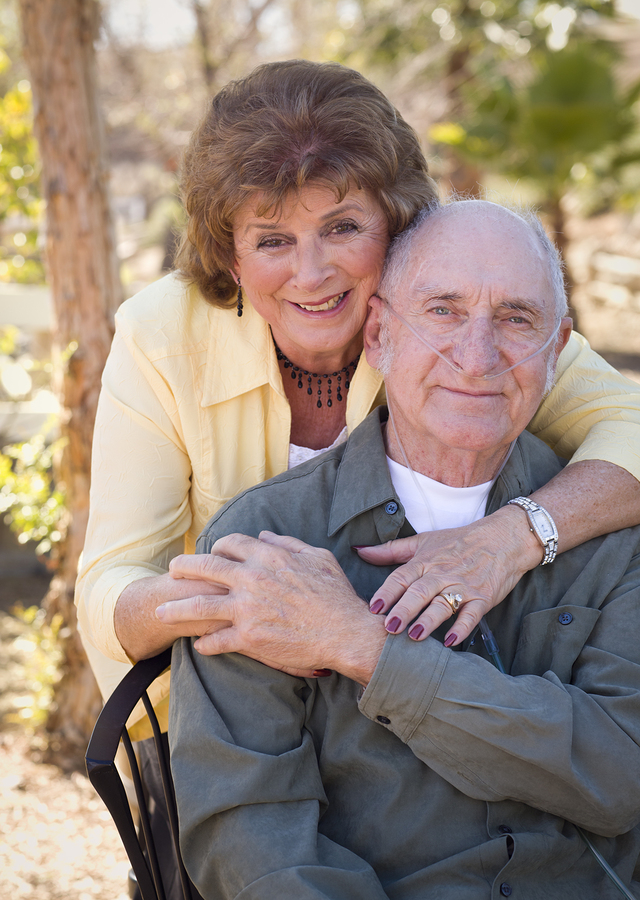
Recently Diagnosed or Relapsed? Stop Looking For a Miracle Cure, and Use Evidence-Based Therapies To Enhance Your Treatment and Prolong Your Remission
Multiple Myeloma an incurable disease, but I have spent the last 25 years in remission using a blend of conventional oncology and evidence-based nutrition, supplementation, and lifestyle therapies from peer-reviewed studies that your oncologist probably hasn't told you about.
Click the orange button to the right to learn more about what you can start doing today.
- You are here:
- Home »
- Blog »
- Multiple Myeloma »
- Mind-Body Therapy for Multiple Myeloma…Marriage!?
Mind-Body Therapy for Multiple Myeloma…Marriage!?

Mind-Body Therapy is one of the most inexpensive, convenient, under appreciated yet most effective multiple myeloma therapies available today.
With every multiple myeloma diagnosis comes a prognosis. It is essential for your oncologist to explain overall survival rates to you based on the conventional standard-of-care. Please remember that the conventional oncologic definition of cure is five (5) years from your original diagnosis.
I was diagnosed with multiple myeloma in early 1994. I was end-stage by September of 1997. I underwent a controversial non-FDA approved therapy. I reached complete remission from my MM by 4/99. My caregiver wife supported me every step of the way.
Skip ahead 25 plus years. No, of course surviving multiple myeloma is not easy. But sharing your pain and suffering with a spouse/caregiver sure helps.
Each therapy has been studied to help the patient decide how aggressive or not to be with his or her conventional multiple myeloma therapies.
If you are married, right out of the box you will do 20% better than the averages according to the studies linked below. Twenty Percent (20%)! Who would have thunk it?
Caregiving a MM patient is one of the great under-appreciated jobs today. Ask my wife.
I am both a MM survivor and MM cancer coach. To learn about other lifestyle therapies that will increase your odds of survival, please scroll down the page, post a question or comment and I will reply to you ASAP.
Thank you,
David Emerson
- MM Survivor
- MM Cancer Coach
- Director PeopleBeatingCancer
Recommended Reading:
- Cancer Survivors, Cardiovascular Disease and How to Treat It
- How to Prepare Your House for a Family Member in Chemotherapy
- Green Tea, Curcumin as Integrative, Synergistic Cancer Therapy
In sickness and in health: how marriage helps cancer patients
“A growing body of research evidence shows being married greatly increases patients’ chances of being cured of cancer. But while there’s a clear link between marriage status and treatment outcome, the benefit is likely to extend to anyone in a close personal relationship….
The most recent such work is from doctors and scientists at Harvard University who published their findings in the peer-reviewed journal Cancer. It shows people who are married are less likely to die from head and neck cancer…
These findings are consistent with other research that has found links between marriage and treatment success in a range of cancer types including prostate, uterine and breast and pancreatic…
A study of prostate cancer patients showed married men survived significantly longer after diagnosis and had a lower risk of dying from their cancer than those who were divorced, single, separated or widowed. Another study that also used the SEERS program found a survival advantage for married women with uterine cancer, compared to unmarried and widowed women…”
Bladder Cancer Death Rates for Single Patients, Widows Higher Than Among Married Patients
“Unmarried patients with bladder urothelial carcinoma have a higher risk for cancer-specific mortality than those who are married, according to the results of a recent study by Junjie Yu, MD, and colleagues (Medicine [Baltimore]. 2018;97[29]:e11378).
Existing literature has shown that marital status affects survival rates among patients with many types of cancer. In addition, research indicates that widowed patients may be at a higher risk for cancer death than their unwidowed peers…”

